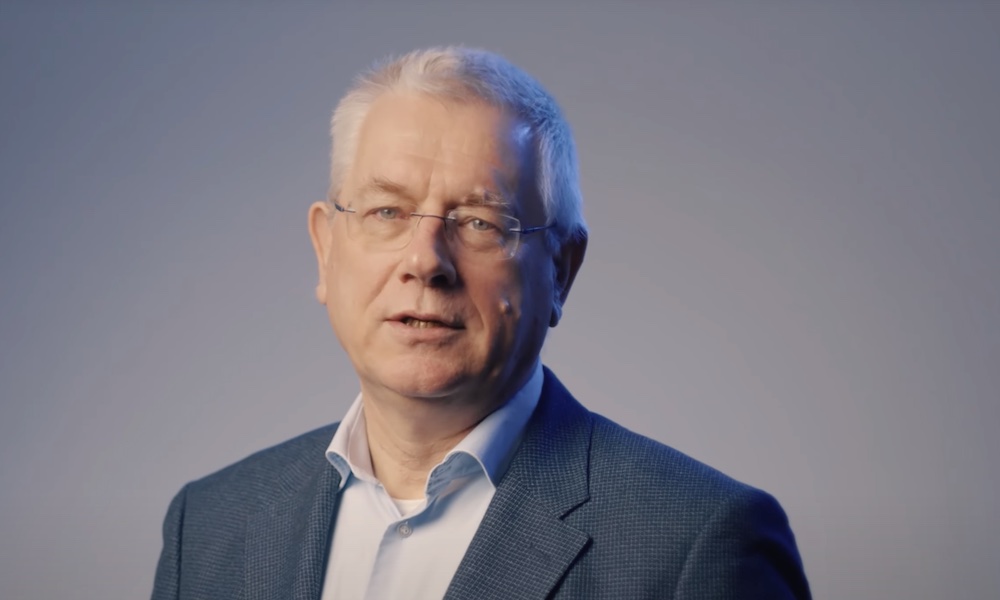The Mobility Alliance, the VNG and the IPO urgently appeal to the intended coalition to make mobility an inseparable part of new policy.
In the current political climate, with a new cabinet on the horizon, the pressure to achieve substantial and sustainable investments in the mobility sector is increasing. The Netherlands faces significant challenges in the areas of housing construction, sustainability and quality of life, in which mobility plays a crucial role. This theme, referred to as the 'lifeblood of our society', requires structural investments to keep the Netherlands accessible, affordable and liveable, according to the Mobility Alliance, the Association of Dutch Municipalities (VNG) and the Interprovincial Consultation (IPO).
Marga de Jager, chairman of the ANWB and also chairman of the Mobility Alliance, emphasizes the importance of mobility not as an end in itself, but as an essential condition for social participation. “Accessibility and affordability are crucial,” she says, pointing out the importance of an infrastructure that includes motorways, cycle and walking paths, waterways, and a dense public transport network.
mobility policy
The need for action is clear. The collaborating parties note that the Netherlands will become silted up without a strong mobility policy from the incoming cabinet. There is an annual need for an additional 2 to 3 billion euros just for management and maintenance, apart from the necessary investments in expansion and renewal of the infrastructure. Representative Harry van der Maas of the IPO puts it this way: “This can be prevented by dealing smarter with what is already there, in combination with more money.”
Politicians must also continue to pay attention to the affordability of both traveling by public transport and the car. Marga de Jager adds that it is important that the forming parties not only look ahead, but also take into account previously made agreements and ongoing or already planned projects. “Faltering management and maintenance of national roads, for example, leads to extra pressure on provincial and local roads,” says De Jager.

"It is important for our residents that affordable and equivalent alternatives to the car are available, such as good public transport in every region."
Jan van Burgsteden, councilor of the municipality of Meierijstad and VNG committee member
The councilor emphasizes the importance of accessibility at a regional level. This is especially important for the accessibility of essential services such as hospitals and new residential areas, even for people who do not own a car. The Mobility Alliance, consisting of various leading organizations such as ANWB, Arriva, BOVAG, and many others, offers broad support for these issues. Despite the differences within the supporters of these organizations, there is a common pursuit of accessible, affordable and sustainable mobility that supports both society and the economy.
The Mobility Alliance, a powerful one partnership within the Dutch mobility sector, represents a remarkable spectrum of organizations, from interest groups to major players in public transport and road construction. This collective strives for important improvements and innovations that will promote the accessibility, affordability and sustainability of transport in the Netherlands.
The alliance includes some of the most influential and recognizable names in the mobility sector. Among them is the ANWB, which, in addition to its role in providing assistance to road users, also offers tourist services. Arriva and Dutch Railways (NS) are prominent members that provide bus and train transport respectively, crucial for the daily functioning of public transport in the Netherlands.
Companies such as Bouwend Nederland and MKB Infra represent the construction and infrastructure sector, and play an essential role in the development of the physical mobility infrastructure. In addition, the RAI Association plays an important role as a representative of the bicycle and automotive industries, which highlights the breadth of the alliance that includes both bicycles and cars.
The interests of specific user groups are not overlooked. The Cyclists' Union promotes the interests of cyclists, while the Association of Dutch Car Leasing Companies (VNA) and the Association of Business Drivers represent the interests of business motorists and leasing companies.
In terms of public transport, the alliance is well represented with companies such as GVB, HTM, Keolis, Qbuzz, RET and Transdev that provide services in various urban areas of the Netherlands, such as Amsterdam, The Hague, Rotterdam and beyond. OV NL bundles all these companies under a common denominator, which ensures streamlined communication and policy development within the sector.
Schiphol International Airport is also a member of the alliance, connecting the aviation sector with the broader goals of mobility innovation and development in the Netherlands. Schiphol plays a crucial role in facilitating both national and international connections.




